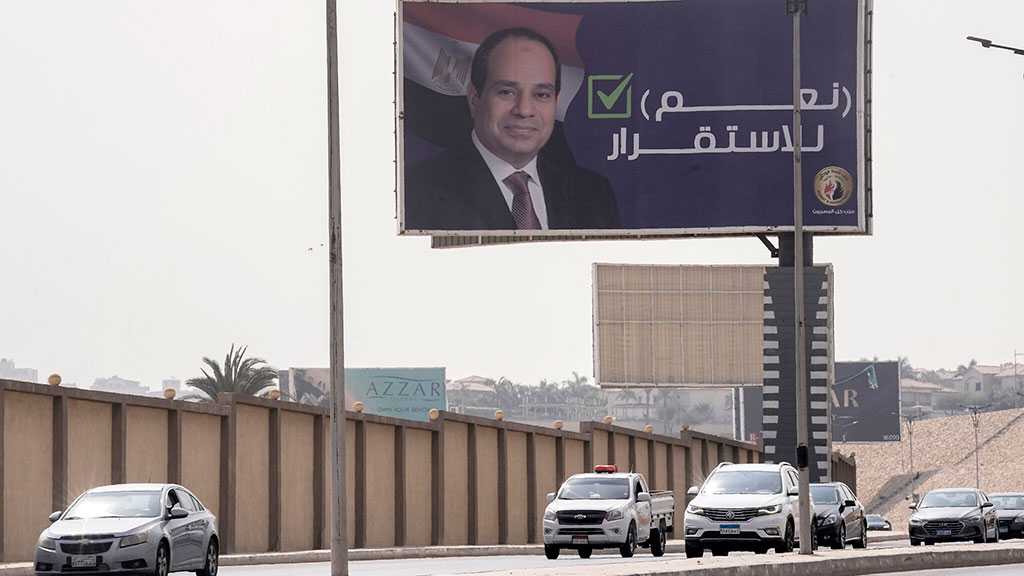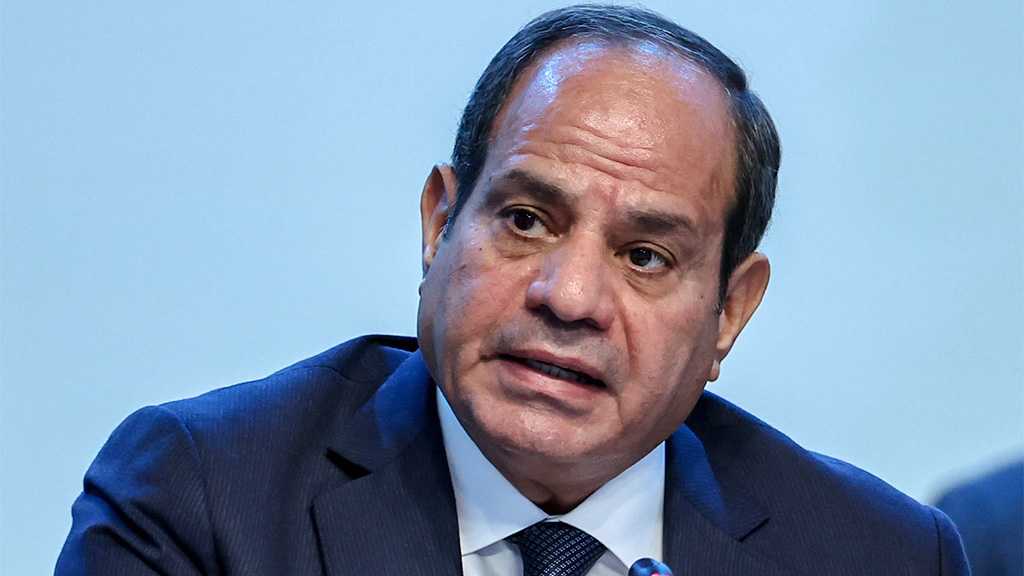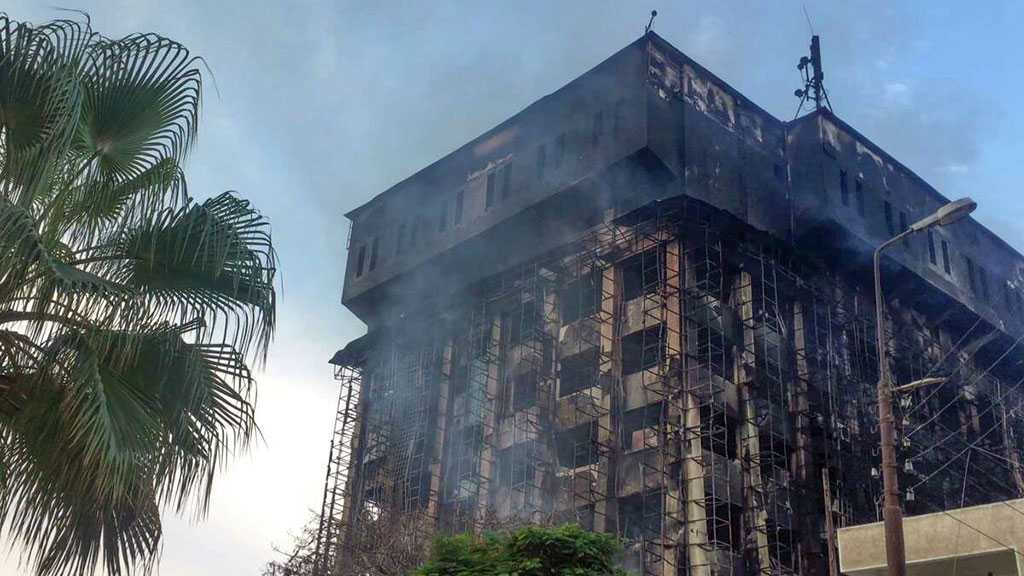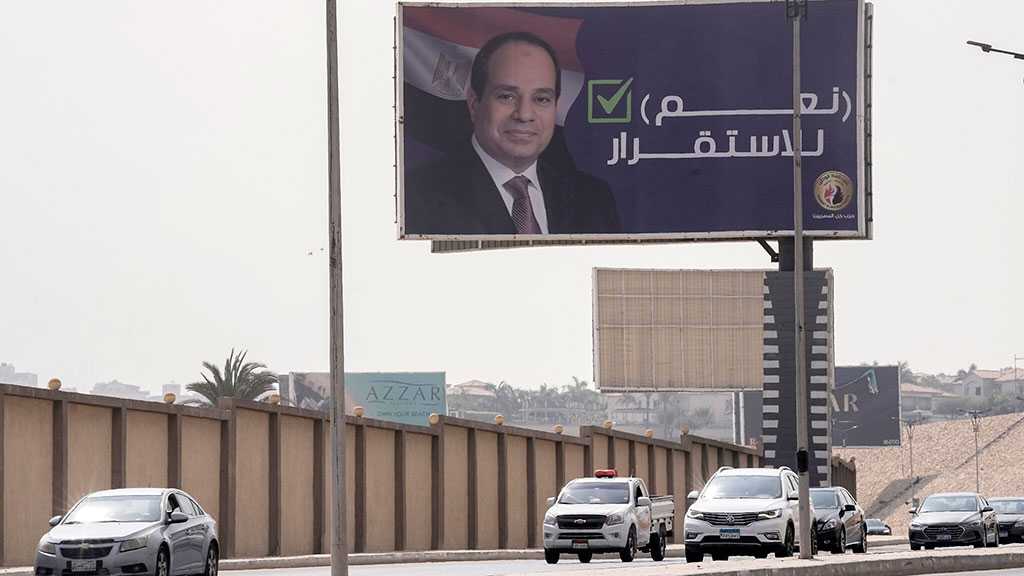
Egyptian Christians Bury Blast Victims as SOE Takes Effect
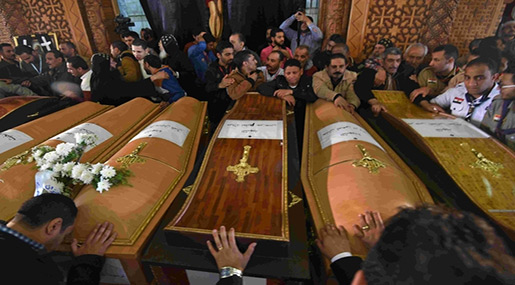
Local Editor
Egyptian Christians buried their dead a day after Wahhabi Daesh [Arabic acronym for "ISIS" / "ISIL"] suicide bombers killed at least 45 people in coordinated attacks targeting Palm Sunday services in two cities, as a state of emergency [SOE] went into effect amid fears of further violence.
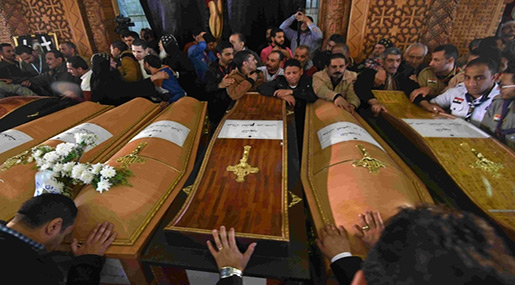
At least 17 people were killed at St. Mark's Cathedral in Alexandria, the historic seat of Christendom in Egypt, where Pope Tawadros II was leading Palm Sunday prayers. Another 28 were killed inside St. George's Church in the Nile Delta city of Tanta.
Daesh named the two attackers, whose noms de guerre suggest they were Egyptians. The militant group had recently threatened to step up attacks against Egypt's Coptic minority, one of the oldest Christian communities in the world.
Hundreds of mourners carried wooden coffins to the St. Mina monastery on the outskirts of Alexandria to the beat of drums interrupted by the wails of those dressed in all black.
"Where should we go pray? They are attacking us in our churches. They don't want us to pray but we will pray," said Samira Adly, 53, whose neighbors were killed in the attack.
"Everyone is falling short ... the government, the people ... nothing is good."
In Tanta, where many families buried their dead Sunday, members of the Coptic community expressed anger at the lack of security, saying that despite warnings of an attack, police had not stepped up efforts to protect them.
Rev. Danial Maher, of the Tanta church, lost his 23-year-old son, Beshoy, who was among six deacons killed in the attack. He recalled watching his son wearing white vestments and singing at the service. "He was like an angel," he said.
Pictures of the elder Maher, sitting helplessly in blood-stained vestments after the attack, were widely circulated online.
President Abdel-Fattah al-Sisi declared a state of emergency, amid fears that Daesh militants, who have been battling security forces in the Sinai Peninsula for years, are shifting their focus to Christians. In December, a massive church bombing killed 30 people in Cairo, and a series of killings in the Sinai have caused hundreds to flee to safer areas.
The escalating violence has undermined the Egyptian government's claim to being a bulwark against extremism in a chaotic region as it pursues closer ties with US President Donald Trump.
In theory, the state of emergency would allow for arrests without warrants, swifter prosecution of suspects, and special courts. But authorities had already been waging a heavy crackdown on dissent for years, so it was unclear if anything would change.
A limited state of emergency and nightly curfew in the northern Sinai, in place since 2014, has done little to stem the violence there.
The Palm Sunday attacks, the single deadliest day for Egypt's Christians in decades, rattled the community and prompted messages of support from abroad, including from Pope Francis, who is set to visit Egypt in the coming weeks, and Trump.
Security analysts said it appeared that Daesh, under pressure in Iraq and Syria, was trying to widen its threat and had identified Christian communities as an easier target.
"[Daesh] are deeply sectarian, that's nothing new, but they have decided to re-emphasize that aspect in Egypt over the past few months," said H.A. Hellyer, senior nonresident fellow at the Atlantic Council and the Royal United Services Institute.
"Christian targets are easier - churches are far more difficult to fortify than say an army barracks or a police station. It's a disturbing development because it indicates we have the possibility of repeated and continued attacks against soft targets."
Meanwhile the "Israeli" entity closed its Taba border crossing, in southern Sinai, to Egypt after its anti-terrorism office warned of an "imminent" attack there, underlining fears of more violence. The closure comes hours before the start of the Passover holiday.
Southern Sinai, which has seen little of the violence plaguing the northern part of the peninsula, is a popular tourist destination.
Source: News Agencies, Edited by website team
